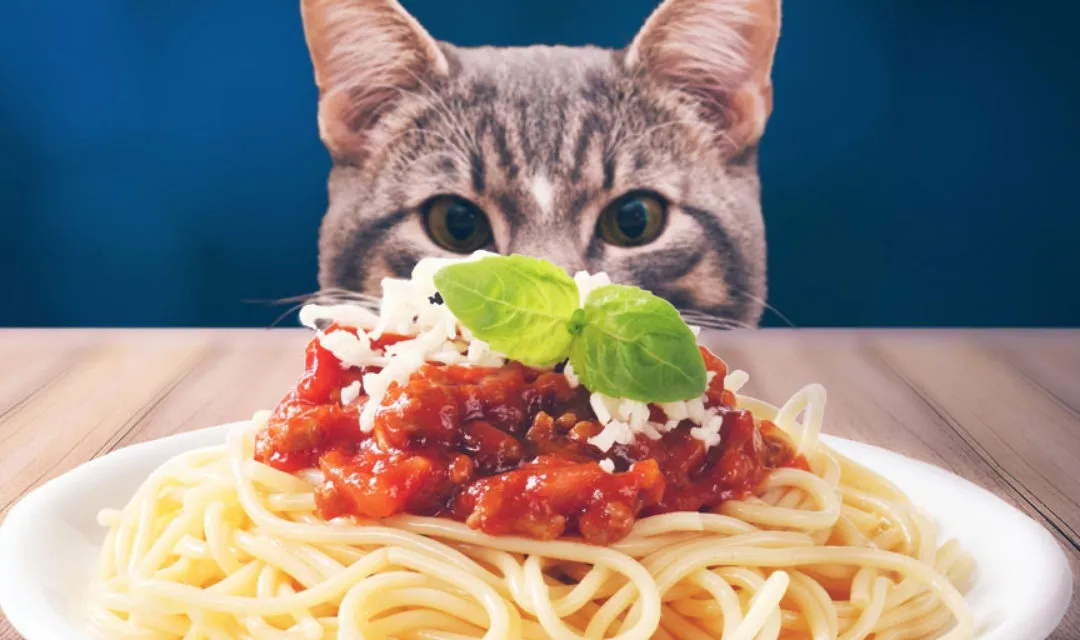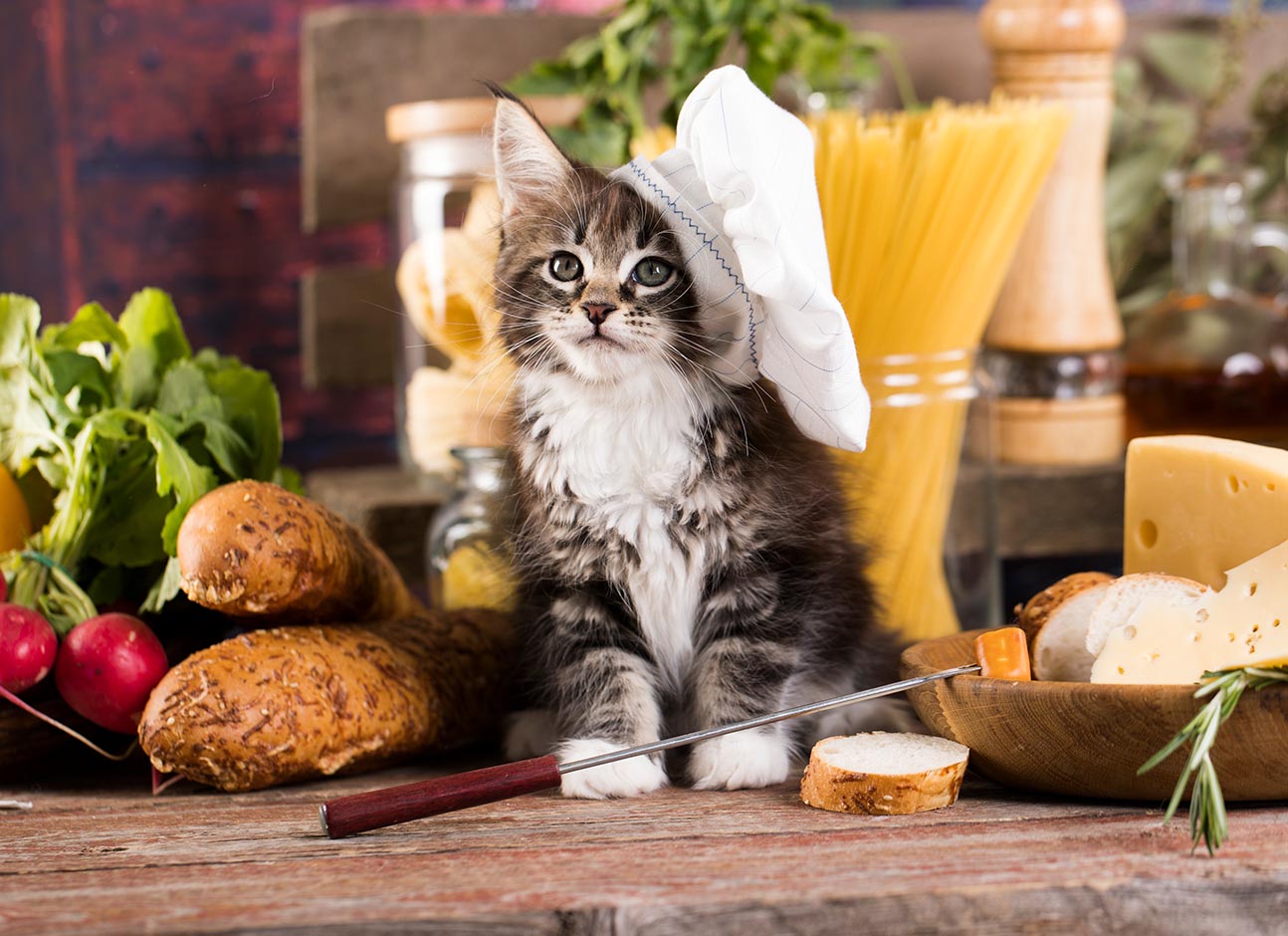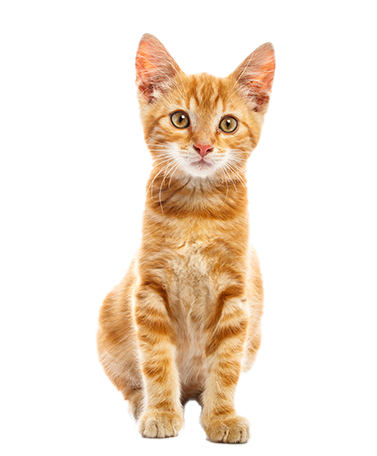Reviewed by Dr. Sarah Yosry
Updated on 10/20/2024
Reading time 5 min.
Overview
Severity: Low
Life stage: All
Your cat is a member of your family, and you want them to have all the benefits of being part of this particular group. One way to do this is by giving them a healthy diet, which can include some pasta. But before you get too excited about feeding your feline friend some delicious pasta, there are some things you should know about this popular food for humans and animals alike:
Can cats eat pasta?
Pasta is a healthy and delicious food that can be enjoyed by people and animals alike. However, it’s important to note that pasta is not recommended for cats because they have a very different diet from humans or dogs. Pasta contains wheat and animal proteins, which are unsuitable for cats’ health and environment.
The Dangers of Pasta for Cats
What about cooked pasta?
You’ve probably heard that cats should not eat uncooked pasta. But what about cooked pasta? Is it safe for your cat to eat? Cooked pasta is delicate for cats, but you should avoid feeding your uncooked cat noodles.
Pasta can be a good source of carbohydrates, protein, and vitamins and is low in salt, so it’s okay to choose this option instead of raw or boiled noodles.
How to Safely Offer Pasta to Your Cat
To avoid any health or safety issues, you must follow these guidelines when giving your cat pasta:
- Do not feed dry pasta. Cooked pasta is the safest option for felines.
- Offer small amounts of cooked pasta at a time (1-2 ounces), and remove any uneaten portions from the bowl after 15 minutes. The same goes for chocolate and cheese pasta—they should be eaten immediately after cooking because they can contain harmful bacteria that could cause an upset stomach in cats if ingested over time.
- If you’re planning on offering garlic-flavored dishes like spaghetti sauce or pizza dough, consult with your veterinarian; some cats are intolerant toward garlic oil and should be kept away from such foods until a vet addresses their conditions!

Can Cats Eat Dry Pasta?
Yes, cats can eat dry pasta. However, they should not be given it as a regular meal because it is not a healthy food for them. Dry pasta is made from wheat flour and contains added preservatives that are bad for your cat’s health. You should only give your cat this type of food if you know they have allergies or other conditions that make it necessary to change their diet.
Is Chocolate Pasta Bad for Cats?
Chocolate pasta is not suitable for cats. Chocolate pasta can be a source of illness and even death in cats, so you should not give chocolate pasta to your cat. Chocolate pasta can make your cat sick and cause diarrhea or vomiting if they eat it. If you want to try making homemade treats with natural food ingredients like meat or vegetables instead of store-bought treats, check out our recipe section!
Conclusion
Cats can eat pasta, but just like humans, cats need some care when feeding it, so check out our other articles for more information about feeding your pet and caring for them properly!
Your pet deserves the best, and we deliver just that. Explore our Food Delivery service now!
Experience the future of pet care at our Modern Vet Hospital. Visit our website to learn about our cutting-edge treatments and facilities, and how we can help your pets live their healthiest lives.
Share this, choose your platform!
Writen by
Dr. Sarah Yosry
DVM
A product of a rich Australian/Egyptian heritage, Dr. Sarah Yosry stands as a testament to the union of diverse cultures and a shared love for animals…


